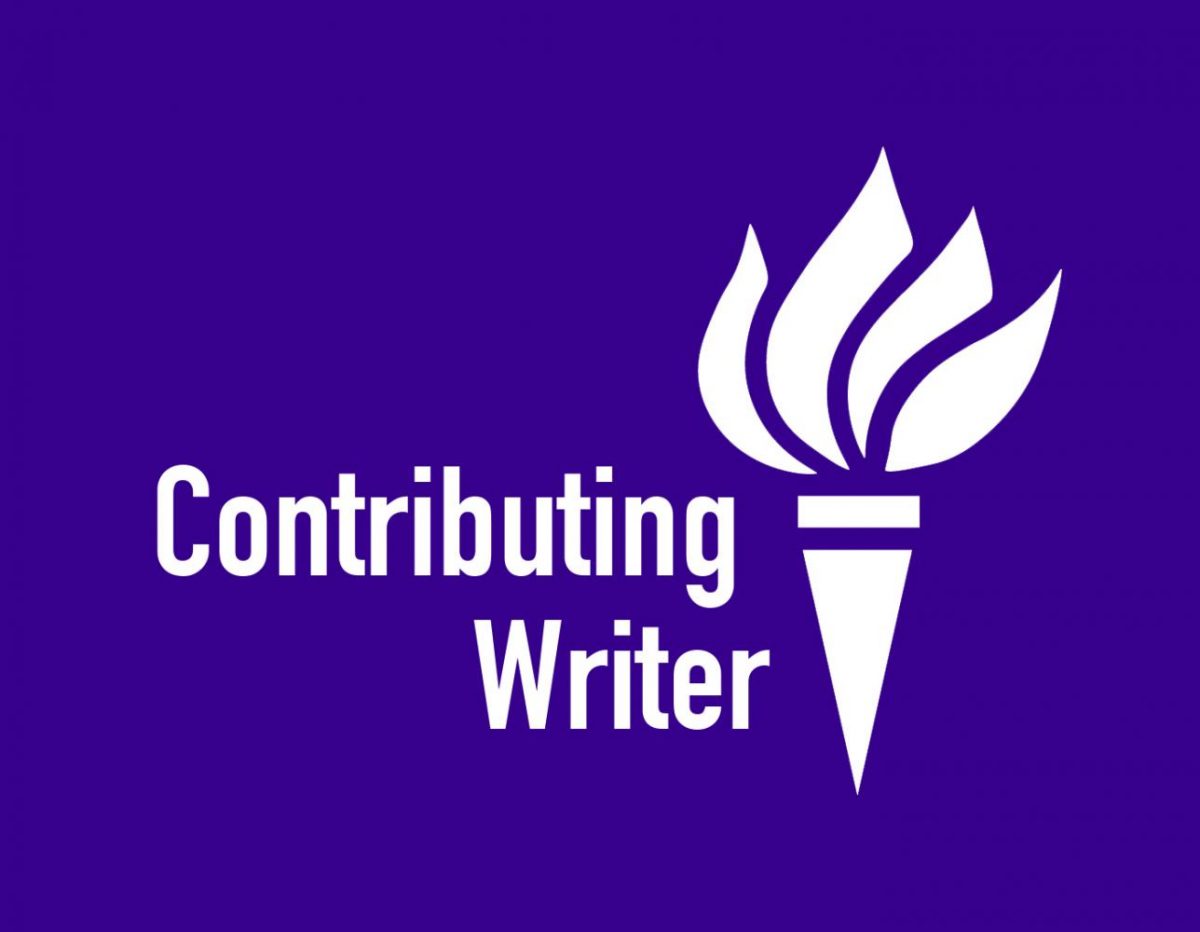A video began circulating Twitter last week and further inflamed an already-heated discussion regarding the lack of protection for victims of domestic violence in Puerto Rico. The video was taken nine months ago. A warrant for José Francisco Navarro Diaz’s arrest had been out since January; he had three priors related to domestic violence. He was arrested on Sept. 20 — nine months after the victim took the video, nine months after she was threatened with her life and nine months during which he was free to attack her again.
This type of news has become frightfully common recently. The body of a woman burned at the end of August was discovered the same week that a woman was shot by a man enraged that she found his phone and a student was raped near the University of Puerto Rico. Since the beginning of 2019, the escalating violence in Puerto Rico has been frightening tourists and concerning island residents. By January 11, there had been 24 killings.
Women in Puerto Rico are being burned, beaten and killed. These women’s blood is on the government’s hands for their continuous indifference and lack of substantial and immediate effort for change.
A number of women-led community organizations had been demanding the governor’s ear about gender-based violence and other social issues in the island for weeks. They were listened to only after then-governor Ricardo Rosselló met with two male celebrities.
Despite statistics indicating that violence against women has declined in Puerto Rico, the island still has one of the highest rates of violence against women in the world. Not to mention, the beginning of the year showed an alarming rise in daytime killings and crime. A feminist group called Colectiva Feminista en Construcción — which describes itself as a political project fighting against capitalism and the patriarchy from the intersections of gender, race, class and sexuality — demanded the island’s government declare a state of emergency regarding gender-driven violence. According to one of the collective’s leaders, the state of emergency would activate all government agencies to work in conjunction, similar to hurricane preparation protocol.
The indifference of the Puerto Rican government and its willful ignorance of violence against women is directly connected to the escalating practice of this very violence. A government that turns its gaze from the suffering of its own citizens is allowing — even encouraging — the perpetrators to evade arrest. How can we expect any sort of change to take place when the government actively perpetuates and practices misogyny?
The collective’s efforts to speak to Rosselló and demand change had solid intent, but there wasn’t much for them to expect from him. In 2018, he eliminated a curriculum in public schools that taught gender perspective, which promotes respect and gender equality. Rosselló’s 900 pages of leaked chats were filled with disturbing and misogynistic language. Among the most grotesque messages, he wrote that his “people should … beat up that whore,” referring to former New York City Council Speaker Melissa Mark-Viverito. He called San Juan Mayor Carmen Yulín Cruz an “HP,” the Spanish equivalent of a “son of a bitch.” When his friend said, “I am salivating to shoot her,” Rosselló replied, “You’d be doing me a favor.”
It’s ironic (and perhaps poetic) that Colectiva Feminista en Construcción were the first to begin the chain of protests in Puerto Rico that led to the governor’s resignation. They staged a sit-in outside the soon-to-be ex-governor’s mansion with duct tape over their mouths, representative of the silencing of Puerto Rican women. Rosselló resigned — the first Puerto Rican governor to ever abdicate the position.
Rosselló’s resignation opened doors for the collective’s complaints and proposals to be heard. When the current governor, Wanda Vázquez Garced, stepped in to replace Rosselló, she immediately made time to hear the group speak about their demand for a state of emergency. Declaring a state of emergency may not end the violence, but it is a start. It will be a declaration that the government has begun to care about our voices, our struggles and our demands. Puerto Rican women will finally be given what we’re entitled to: a national demonstration of alliance and of initiative to keep us safe.
But it’s not enough. A more comprehensive education on the subject of gender inequality at schools is necessary to raise a generation of feminist men and empowered women. Public agencies staffed with officials must take every case of domestic violence and every red flag seriously — be that with more women government officials, a more socially conscious school curriculum or stricter prosecution of abusers. We need to do more than just sound an alarm. If a state of emergency is declared, the government must do what it takes to guarantee a safe and equal society for women. They owe us that.
Opinions expressed on the editorial pages are not necessarily those of WSN, and our publication of opinions is not an endorsement of them.
Email Sofia Martinez Rivera at [email protected].


























































































































































